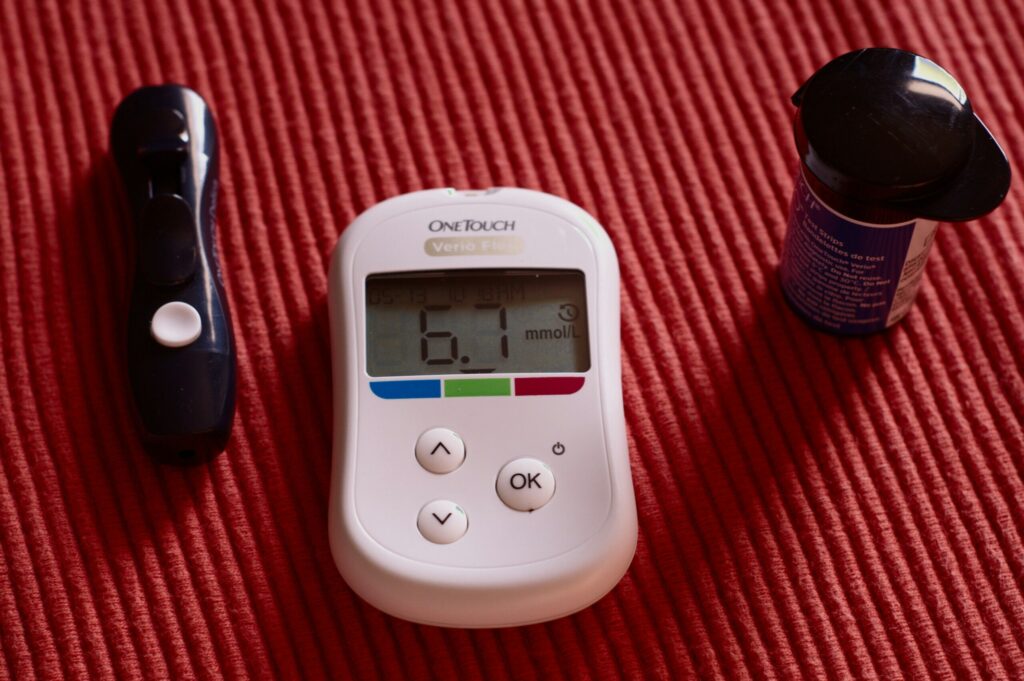If you have diabetes and varicose veins, you may need to take extra precautions when managing your vein health and disease. Often, these two conditions can affect one another, so working with your diabetic care team and vascular specialists will be important. Here’s what you need to know.
Varicose veins develop when valves inside the vessels stop working properly, allowing blood to collect and pool. Over time, the veins become dark in color and may appear twisted; they will be visible beneath the surface of your skin.
Symptoms of varicose veins include:
– heavy legs
– swelling and aching
– Itchiness around the affected vessels
– Less commonly, bleeding or leg ulcers may develop
Diabetes is a condition that develops when your body’s insulin production or processing ability is impacted. With type 1 diabetes, your blood sugar levels rise because your body can’t make enough insulin; with type 2 diabetes, your body produces insulin but can’t use it effectively enough to maintain a level blood sugar.
Uncontrolled diabetes can lead to several complications, including compromised circulation due to nerve and blood vessel damage. In turn, the disease can increase your risk for peripheral artery disease (PAD), neuropathy and even varicose veins.

These conditions often share common risk factors, including obesity, or remaining sedentary. Additionally, having diabetes is a varicose vein risk factor, as the disease can weaken the walls of your veins, while also damaging vein valves. In turn, new varicose veins may form, and existing ones can worsen.
In order to manage both conditions, you should stop smoking, reduce your alcohol intake and try to manage your stress levels. Additionally, moving more throughout the day can be an important way to manage both varicose veins and diabetes. However, depending on the severity of your conditions, you may also require medical interventions.
In addition to lifestyle measures such as changing your diet and exercise routine, many diabetics may benefit from prescription medications. (These will differ for individuals with type 1 or type 2 diabetes.)
If you have varicose veins, you may benefit from prescription strength compression socks in order to boost your circulation and reduce the appearance of varicose veins. Additionally, depending on the severity of your condition, minimally-invasive vein treatments such as radiofrequency ablation or phlebectomy. In our Houston and Dallas area vascular clinics, we can treat varicose veins without surgery or overnight hospital stays, reducing your symptom burden without compromising your diabetic health. To learn more, request a consultation at one of our six locations in Texas, and be sure to mention that you have diabetes and varicose veins when scheduling your appointment.

Scheduling
Please contact our dedicated specialists to schedule a consultation today.
2025 Texas Endovascular. All rights reserved. Website Design by Healthcare Success